Constellation seeks rezone for property adjacent to Illinois plant
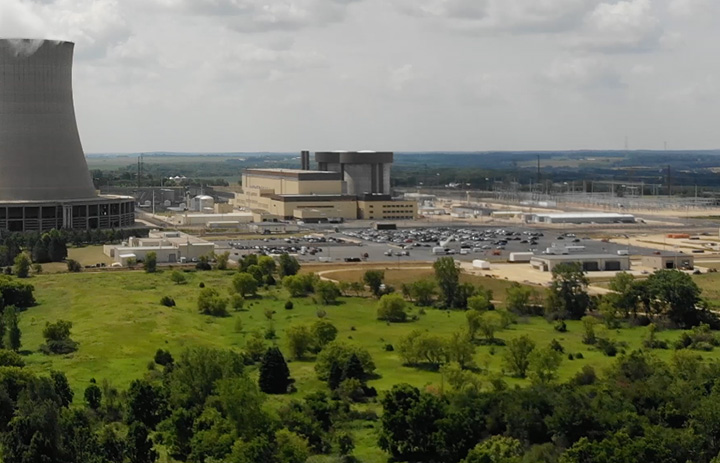
While no development details have been released, Constellation is asking to rezone 658.8 acres of land it owns around the Byron nuclear plant in Illinois for possible long-term use.


While no development details have been released, Constellation is asking to rezone 658.8 acres of land it owns around the Byron nuclear plant in Illinois for possible long-term use.
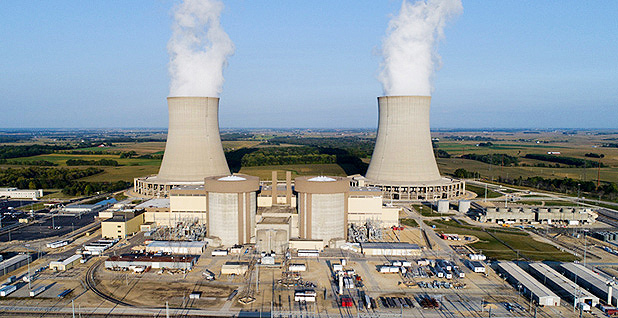
Constellation Energy has announced an agreement with Commonwealth Edison (ComEd), Illinois’s largest electric utility, to power the latter’s 54 offices and metered facilities with locally produced nuclear energy, 24/7.

Constellation Energy has announced that it intends to invest $800 million in new equipment at the Braidwood and Byron nuclear plants in Illinois to raise their combined output by a total of about 135 MW.
In an editorial published recently in the Chicago Tribune, the newspaper’s editorial board states, “As for the U.S., power generation from splitting atoms has declined in recent years, and more reactors are being retired than built. If you’re in Illinois, however, you’re all-in on nuclear energy—for better or worse. Gov. J.B. Pritzker has made sure of that.”
Constellation, formerly Exelon Generation, owner and operator of the nation’s largest nuclear reactor fleet, announced this morning the completion of its separation from Exelon Corporation and its launch as a stand-alone, publicly traded company. Headquartered in Baltimore, Md., the new company began trading today on the Nasdaq Global Select Market under the symbol “CEG.”
Exelon announced last February that it had begun the effort to separate its utility businesses from its competitive power generation and customer-facing energy businesses.

This is the fourth of five articles to be posted today to look back at the top news stories of 2021 for the nuclear community. The full article, "Looking back at 2021,"was published in the January 2022 issue of Nuclear News.
Quite a year was 2021. In the following stories, we have compiled what we feel are the past year’s top news stories from the July-September time frame—please enjoy this recap from a busy year in the nuclear community.

Energy secretary Jennifer Granholm toured the Braidwood nuclear plant in Illinois last week as part of a statewide tour to promote the climate provisions in the recently passed trillion-dollar infrastructure law and the Build Back Better Act, over which the Senate continues to haggle.

The Nuclear Regulatory Commission has approved the indirect transfer of the licenses for 23 operating and five decommissioning reactors, as well as their associated independent spent fuel storage installations, from Exelon Corporation to a new company as part of a corporate restructuring, the agency announced yesterday.

Exelon Generation announced yesterday that it is investing more than $300 million in capital projects at its Byron and Dresden nuclear plants in Illinois over the next five years and filling some 650 vacant positions across the state.
These actions are in response to Illinois Gov. J.B. Pritzker’s recent signing of S.B. 2408, the hard-won legislation that rescued the nuclear facilities from premature retirement.

In an hour-long ceremony held yesterday at Chicago’s Shedd Aquarium amid some fanfare (it included an appearance by lizards, a snake, and a penguin), Illinois Gov. J.B. Pritzker signed into law the Climate and Equitable Jobs Act (S.B. 2408). The bill is a sweeping overhaul of the state’s energy policies aimed at phasing out fossil-fuel power generation and placing Illinois on a path to become a 100 percent carbon-free energy producer by 2050.
Governor J. B. Pritzker says he will sign the landmark legislation
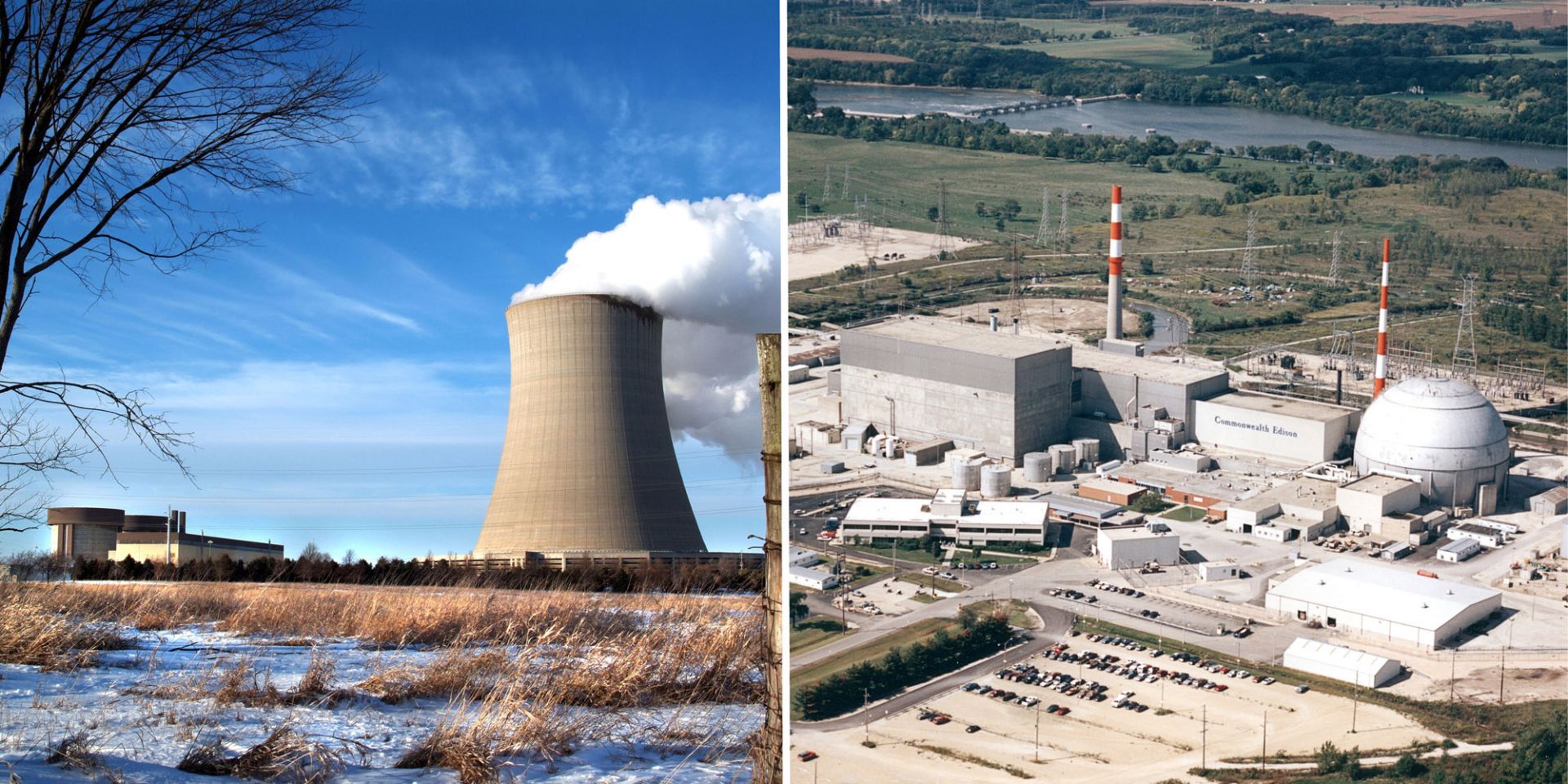
The yearlong, nail-biting drama over the fate of Exelon’s Byron and Dresden nuclear plants came to an end on Monday afternoon when the Illinois Senate gave its nod to S.B. 2408, a wide-ranging clean energy package that seeks to phase out fossil-fuel power generation in the state and place it on a path to 100 percent carbon-free energy by 2050.
Statement from American Nuclear Society President Steven Nesbit and Executive Director/CEO Craig Piercy on passage of Illinois Senate Bill 2408:
"The American Nuclear Society welcomes passage of legislation to secure Illinois' clean energy future by preventing the slated premature closures of Bryon and Dresden nuclear power plants. Over 4.3 gigawatts of irreplaceable carbon-free nuclear power and more than 1,500 jobs at the nuclear power plants have been saved.

(This story has been updated from yesterday's post about the Illinois energy package.)
With only days remaining before the scheduled retirement of Exelon Generation’s Byron nuclear plant, the Illinois House has approved a comprehensive energy package (S.B. 2408) that would save the plant, as well as the state’s similarly struggling Braidwood and Dresden facilities.
With only days remaining before the scheduled retirement of Exelon Generation’s Byron nuclear plant, the Illinois General Assembly may be close to passing a comprehensive energy package (S.B. 2408) that would save that plant, as well as the state’s similarly struggling Braidwood and Dresden facilities.
House Democrats have introduced an amendment to S.B. 2408 that would require municipally owned coal plants to achieve a 45 percent reduction in greenhouse gas emissions by 2035 and completely phase out coal by 2045. The House is considering the amendment today.
(Financial assistance to Illinois’s nuclear fleet is part of a package that for weeks has been mired in disagreement between unions and environmental groups over the fate of the state’s coal plants.)

Exelon’s Byron nuclear plant will be permanently shuttered in 10 days unless the Illinois House of Representatives passes the clean energy bill approved by the state’s Senate on September 1. And as the lower chamber is expected to convene for a special session sometime next week to consider the measure, ANS is encouraging members of Illinois’s nuclear community to make their position on the matter clear via ANS engage.
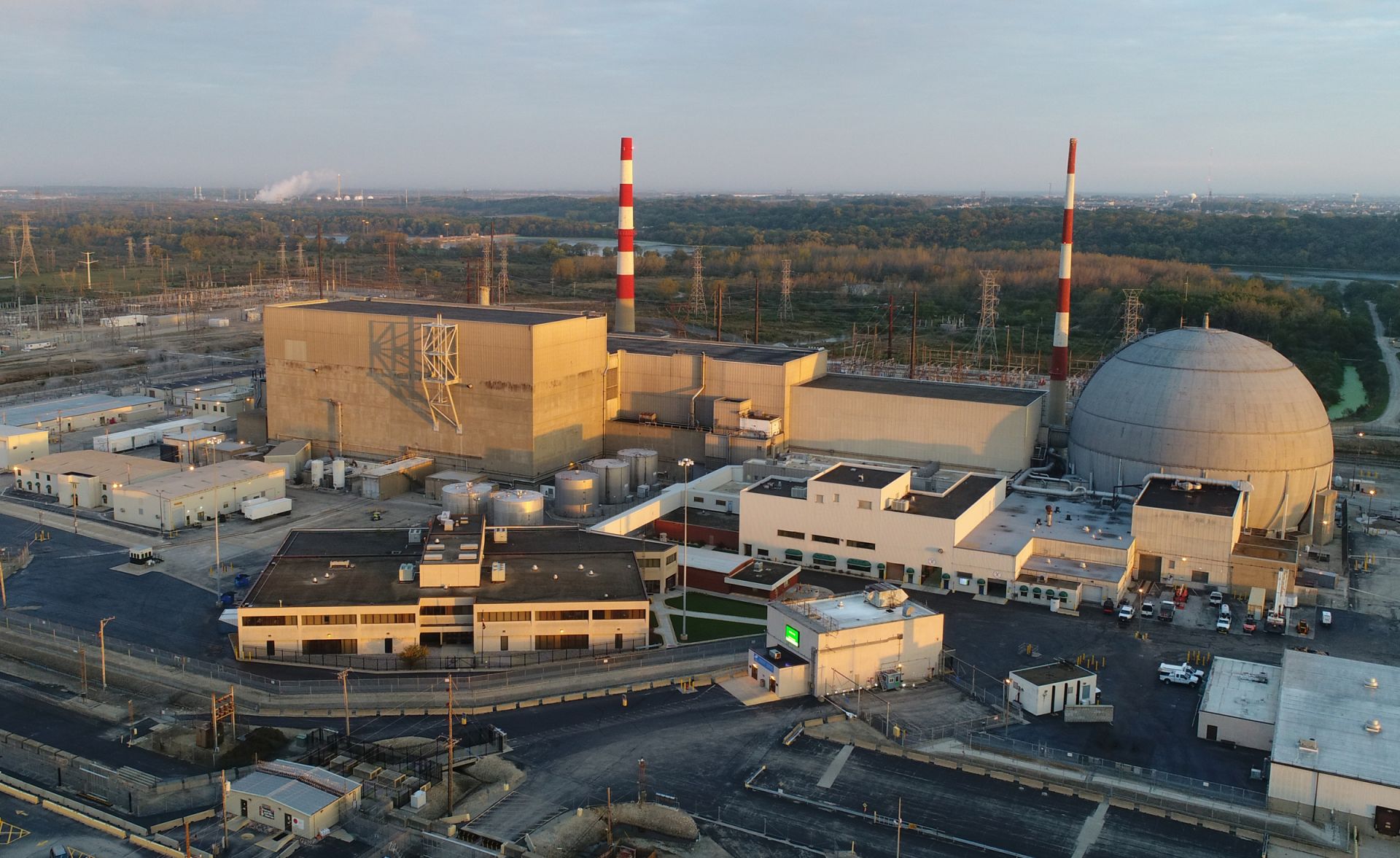
With essentially no time to spare, the Illinois Senate early this morning passed a clean energy omnibus package that includes $694 million in assistance to three of the state’s financially troubled nuclear plants: Braidwood, Byron, and Dresden. The vote was 39–16. (Both the Senate and House had returned to the capital on Tuesday for a one-day special session to consider legislative redistricting.)
Yesterday morning with about two weeks to go before the scheduled permanent closure of Illinois’s Byron nuclear power plant, state Sen. Michael Hastings (D., 19th Dist.) filed a proposal to end the state legislature’s stalemate on a clean energy package that would, among other things, provide financial aid to Byron, as well as to other endangered nuclear power facilities in the state, via a carbon mitigation credit program.
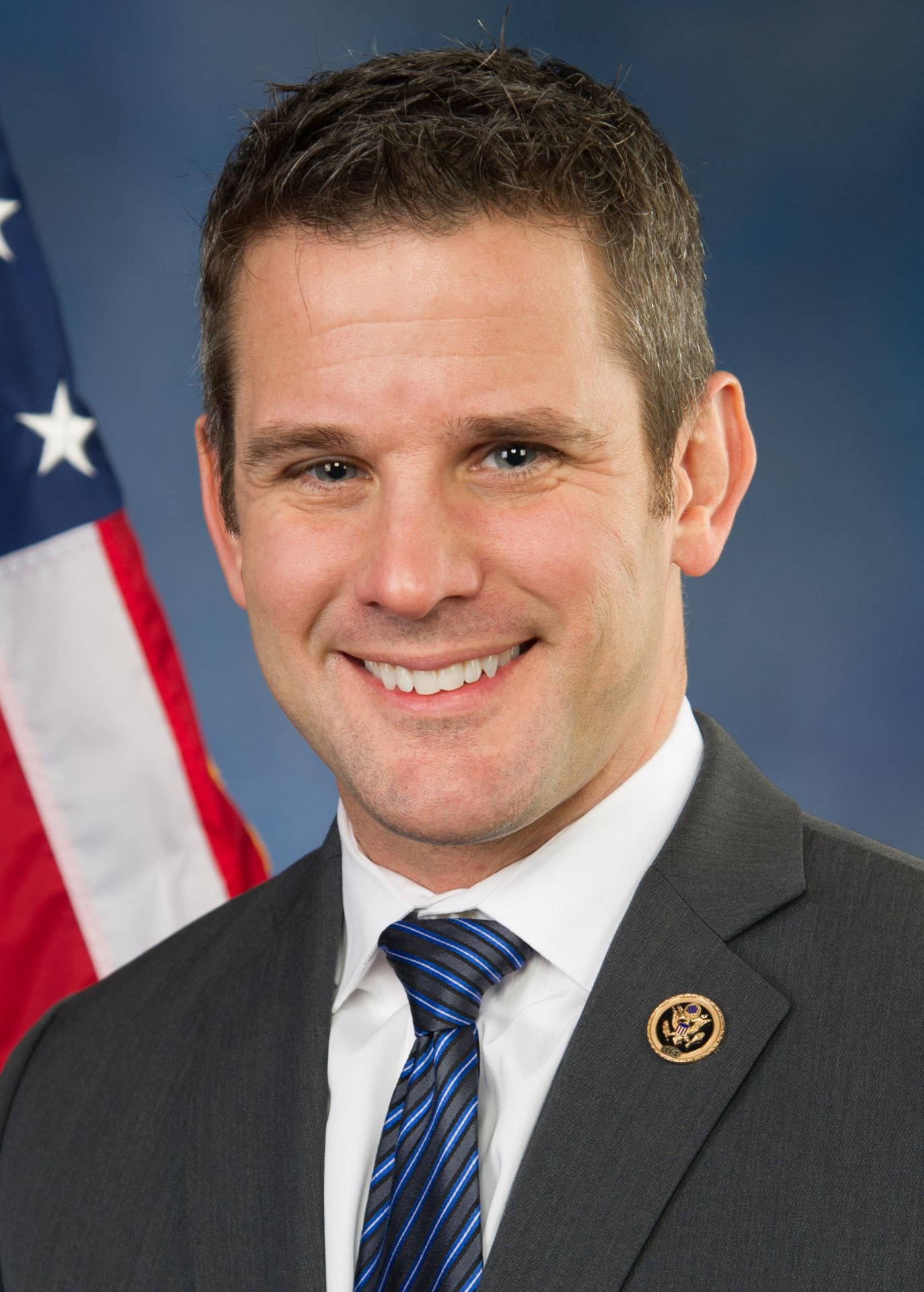
Kinzinger
With a note of desperation, Rep. Adam Kinzinger (R., Ill.) yesterday wrote a letter to President Biden and several top administration officials, asking them to consider the use of emergency powers to keep two Illinois nuclear power plants, Byron and Dresden, in operation, at least until state or federal laws are enacted to ensure their financial viability.
On June 16, the plants’ owner and operator, Exelon Generation, filed a deactivation notice for the two Byron units with grid operator PJM Interconnection. The requested deactivation dates for Byron-1 and -2 are September 14 and 16, respectively.
Exelon announced in August of last year that it would close the economically challenged Byron and Dresden facilities in the fall of 2021 without some form of state aid to provide compensation for their clean power.
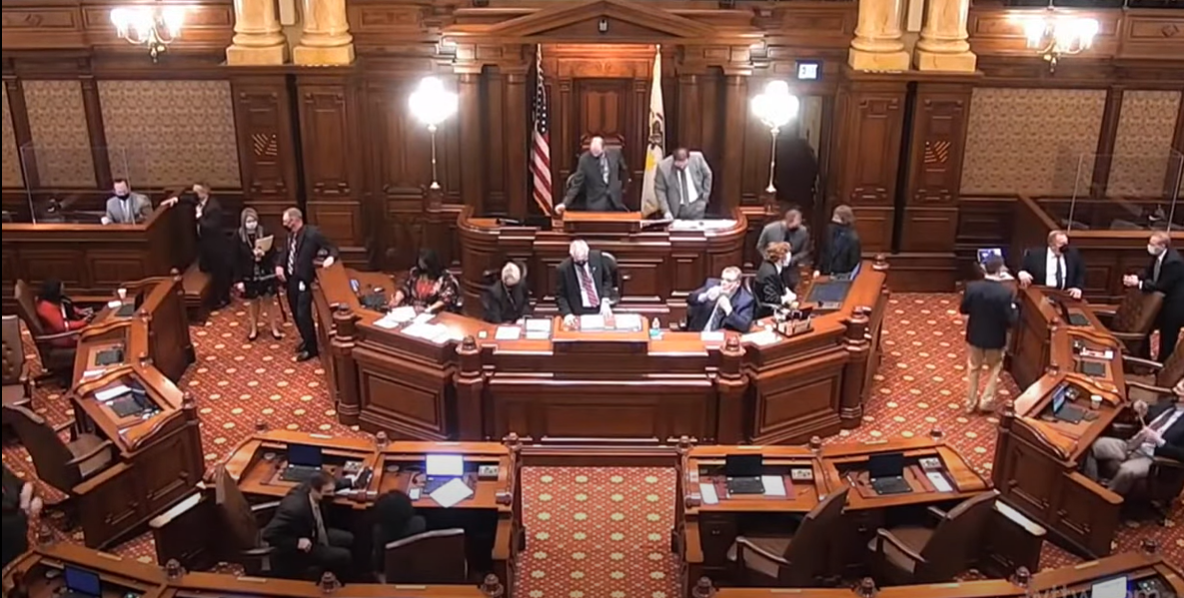
Yesterday, a television news program, Chicago Tonight, shined the spotlight on the financial troubles and potential shutdown of two of Illinois’s six nuclear power plants. The host of the show introduced the issue by stating, “Illinois lawmakers may be back in Springfield [the state’s capital] soon for a second extra session [to] strike a deal on a massive energy package.” Readers of Nuclear News might be thinking, “It’s about time!”
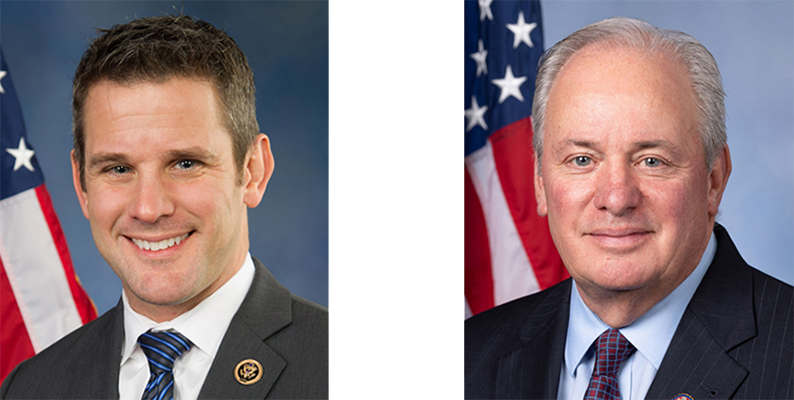
Last week, Reps. Adam Kinzinger (R., Ill.) and Mike Doyle (D., Pa.) introduced legislation that would establish a financial credit program for economically challenged nuclear power plants and would authorize funding for “nuclear closure communities.”
The Preserving Existing Nuclear Energy Generation Act (H.R. 4960) is the House companion to certain provisions in a Senate proposal that was reported favorably by the Senate Energy and Natural Resources Committee on July 14 and was subsequently included in the Infrastructure Investment and Jobs Act, the $1.2 trillion bipartisan package that the Senate passed earlier this week via a 69–30 vote.